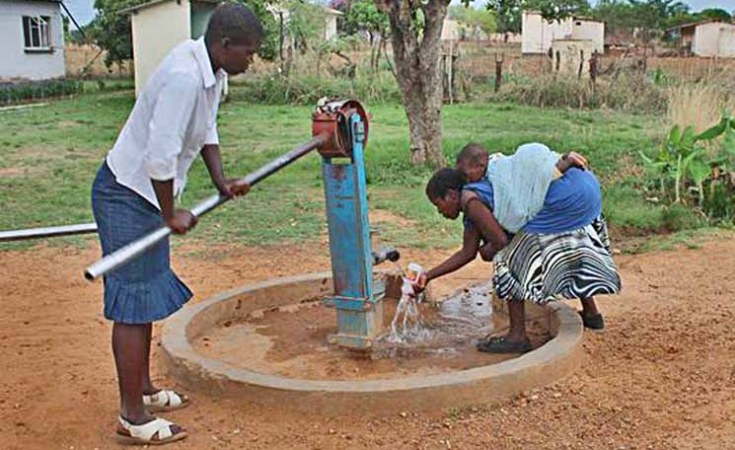Rumbidzayi Zinyuke — The Zimbabwe Livelihoods Assessment Committee has integrated the assessment of how urban populations have been affected by non-communicable and communicable diseases such as cholera to create interventions that will prevent future outbreaks.
The country has been reporting cholera cases since February last year and has to date recorded 24 332 suspected cholera cases, 2 515 confirmed cases, 71 confirmed deaths and 455 suspected deaths.
While measures to contain the outbreak have been implemented, experts have said there is a need to put in place systems that will prevent the recurrence of such outbreaks.
The ongoing Zimbabwe urban livelihoods assessment has sought to find the key drivers of cholera and the level of knowledge about the disease by communities. It has also incorporated other diseases such as HIV and AIDS, diabetes and hypertension among others to determine how they affect people's livelihoods.
Ms Mavis Dembedza, a nutritionist in the Food and Nutrition Council, said it was important to have data on how people's livelihoods were being affected by various diseases.
"So for this year we are looking at assessing the prevalence of non-communicable diseases as well as communicable diseases like cholera and today as you have seen, we are in Kuwadzana which is one of the hotspots for cholera. It is also important that as much as we are looking at the livelihoods of the general population, we do not leave the most vulnerable and these are people who are living with NCDs including HIV and AIDS so that we inform programming that are targeting those groups," she said.
Enumerators were asking the population about their knowledge of cholera, their practices and perceptions if they are at risk of getting cholera.
This, she said, would give them an outlook of the knowledge perceptions of the general public with regards to cholera.
"It is always important that we do assessments that inform programming that prevent NCDs and communicable diseases. For the country it is cheaper to do preventive measures than trying to get medical care to cater for diseases when they manifest. The country will spend more for medication and mitigation strategies whenever we have an outbreak so it is much better to prevent it before it breaks out," added Ms Dembedza.
Residents said the cholera outbreak was an indicator of the need for better systems that will protect the people against such preventable diseases.
Mrs Winnie Dope of Kuwadzana said: "Here in Kuwadzana 3 we were really affected by cholera. It claimed the life of a neighbour's child and the father was also affected but he survived. Our biggest challenge is the disposal of garbage which has seen dumpsites being formed so we always have flies and this is not safe. If the council could start collecting rubbish regularly, it would reduce our chances of being attacked by cholera again," she said.
Another resident Mr Norest Mahangati said access to safe water was also key to preventing another outbreak.
"Even our drainage system is not working properly so when we have sewer bursts, the sewage does not move because it has nowhere to go since the drainage systems are blocked. Also, if we as residents continue to throw rubbish everywhere it causes disease outbreaks so we really need this to be addressed," he said.
Mr Mahangati said there was also a need to educate the public about personal hygiene as this was still a challenge.
Ms Sarudzai Pome said it was important for the council to start responding to sewer bursts on time as this had been one of the major drivers of cholera in Kuwadzana.
"We have so many dumpsites and our sewer system is always bursting because there are more people living in this area than there were when this suburb was established. Right behind my house, we have a sewer main line which is always bursting so you have to always keep an eye out for the children so that they do not play in the sewage. This is how cholera disease spreads since it always takes time for the council to fix the bursts. This makes it difficult to contain such outbreaks," she said.


